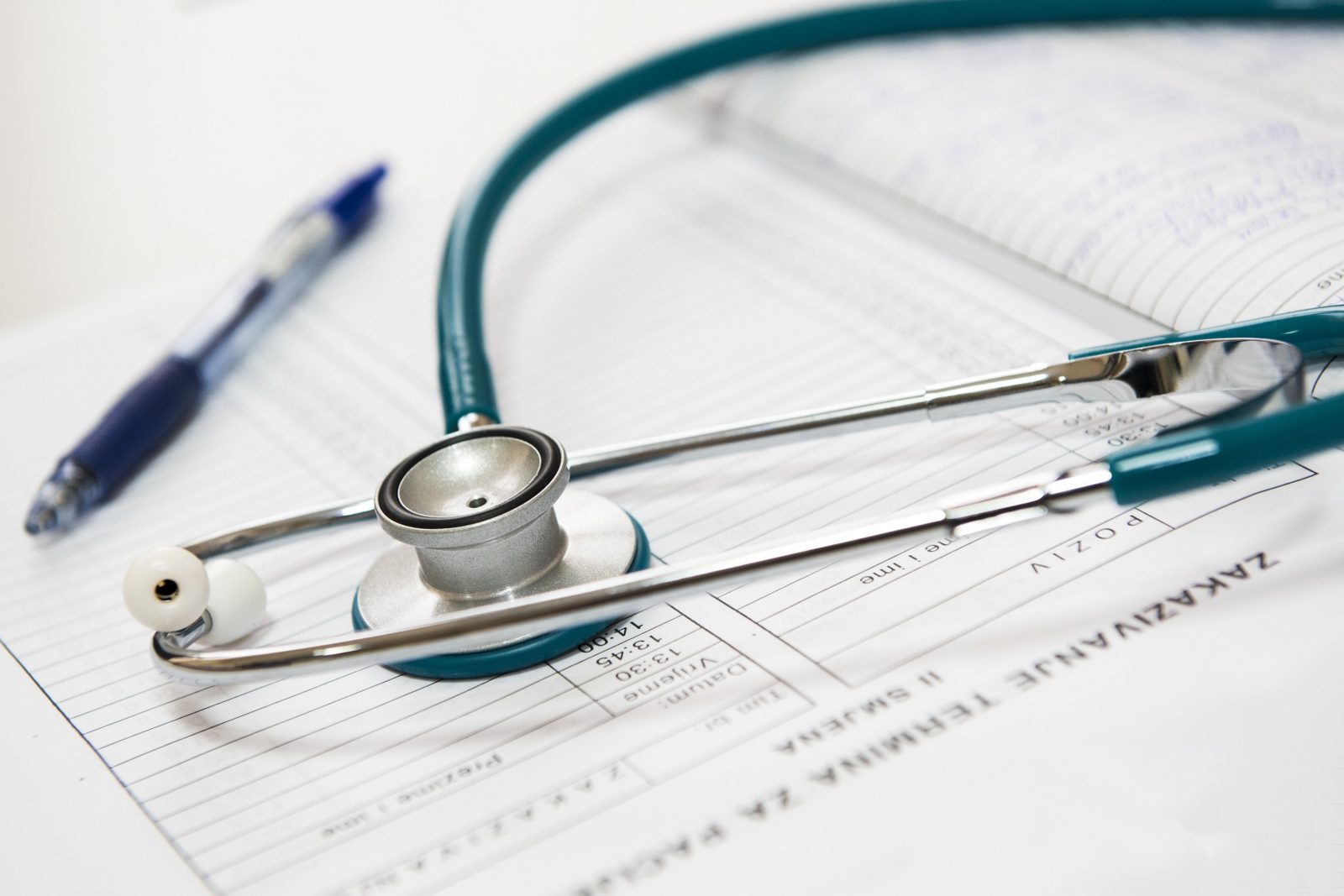
Key stats:
- An estimated 17 million cardiac deaths worldwide
- With atrial fibrillation you’re 5 times more likely to have a stroke
- One person dies every 36 seconds from cardiovascular disease in the US
- Arrhythmias can present no symptoms
Prevention of arrhythmia by managing the risk factors
Recently, healthcare has shifted away from a traditional doctor-centric treatment model to an open consumer-driven movement. There has been a particular focus on prevention over reaction with individuals interested in taking control of their own health before it gets to the stage of more serious clinician intervention.
With this in mind, to reduce the complications associated with arrhythmia it is recommended that we:
- reduce high blood pressure;
- control cholesterol levels;
- lose excess weight;
- eat a heart-healthy diet;
- avoid smoking;
- and enjoy regular physical activity.
Management of arrhythmias associated with Covid-19
The last 18 months has been a very concerning time for many people, especially for people with an underlying health condition. Most people with coronavirus (Covid-19) have mild temporary symptoms and make a full recovery. However, correlations between Covid-19 and ongoing heart conditions have been revealed.
While having a heart condition does not make you more likely to catch Covid-19, new research shows cardiac arrhythmias are known complications in patients with Covid-19 infection that may persist even after recovery from infection. To date, extensive knowledge of arrhythmia complications and Covid-19 is still in its infancy. British Heart Foundation reported Covid-19 can cause fever and inflammation, which places extra stress on the heart as your body fights the infection. This can also cause your heart rate to become fast or irregular.
Despite restrictions lifting in the UK and the majority of the adult population receiving their vaccines, the NHS still faces unprecedented challenges in the summer of 2021. Firstly, we need to deal with the backlog of both physical and mental healthcare that the pandemic has caused, and secondly we need to create a system of healthcare that tackles both the health inequalities and the other weaknesses that Covid-19 has exposed.
Technology can support these goals by relieving some of the pressures on our healthcare professionals and placing accurate arrhythmia management in the patient’s hands.
Wearables for arrhythmia management
Having technology available for people at home for detection and management of arrhythmias through wearable devices allows doctors to vastly increase the data they have allowing them to make more accurate clinical decisions. Arrhythmias are typically transient which can make them difficult to catch in hospital but now with this technology, people will be empowered to take control of their own health. Wearable technology enables spot checks allowing them to remotely manage their arrhythmia over a longer period of time.
Combining the increased use of innovative technology amongst the general population with a heightened awareness for heart health monitoring, opens the door for technology such as B-Secur’s FDA cleared HeartKey® arrhythmia analysis algorithm to radically improve peoples’ lives.